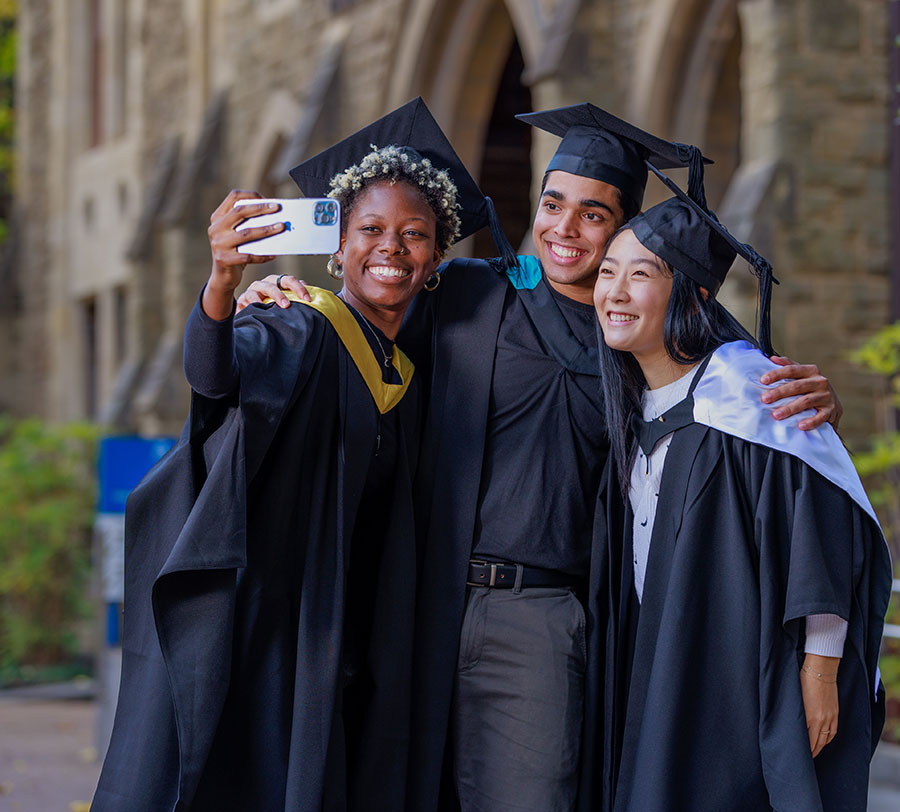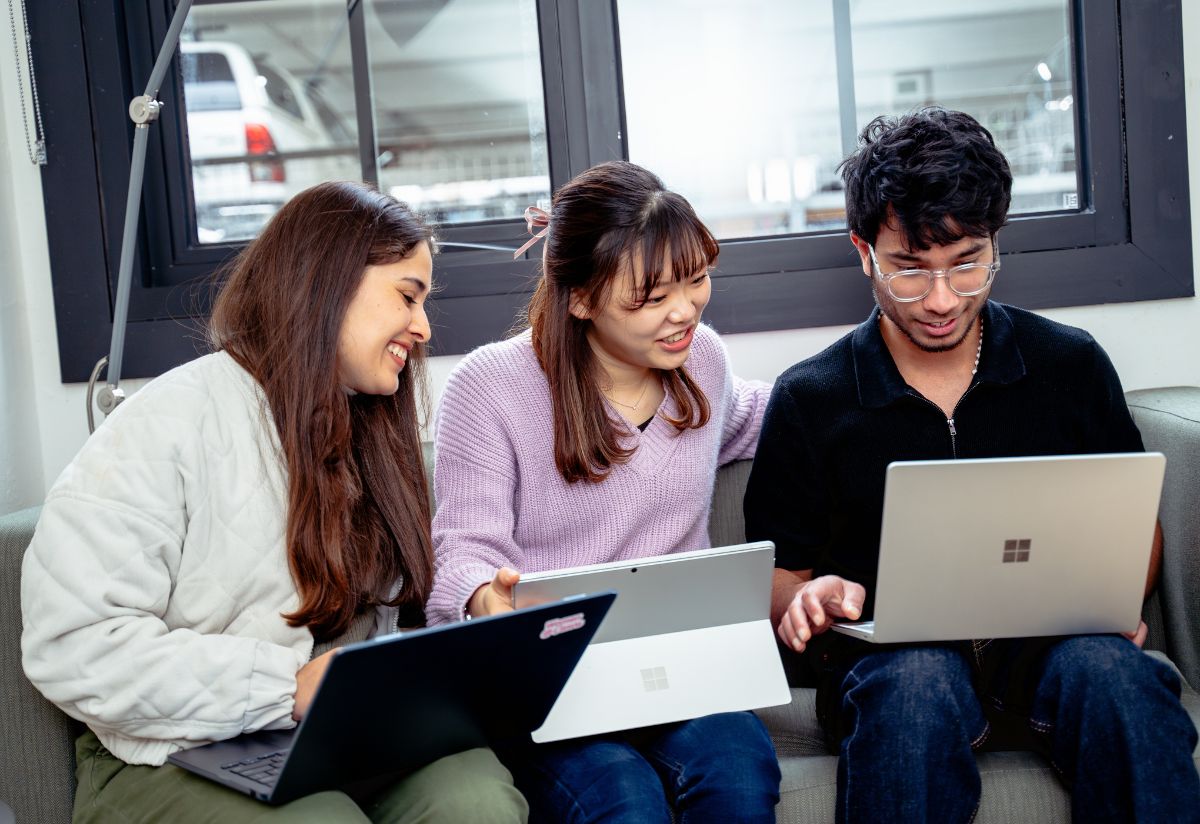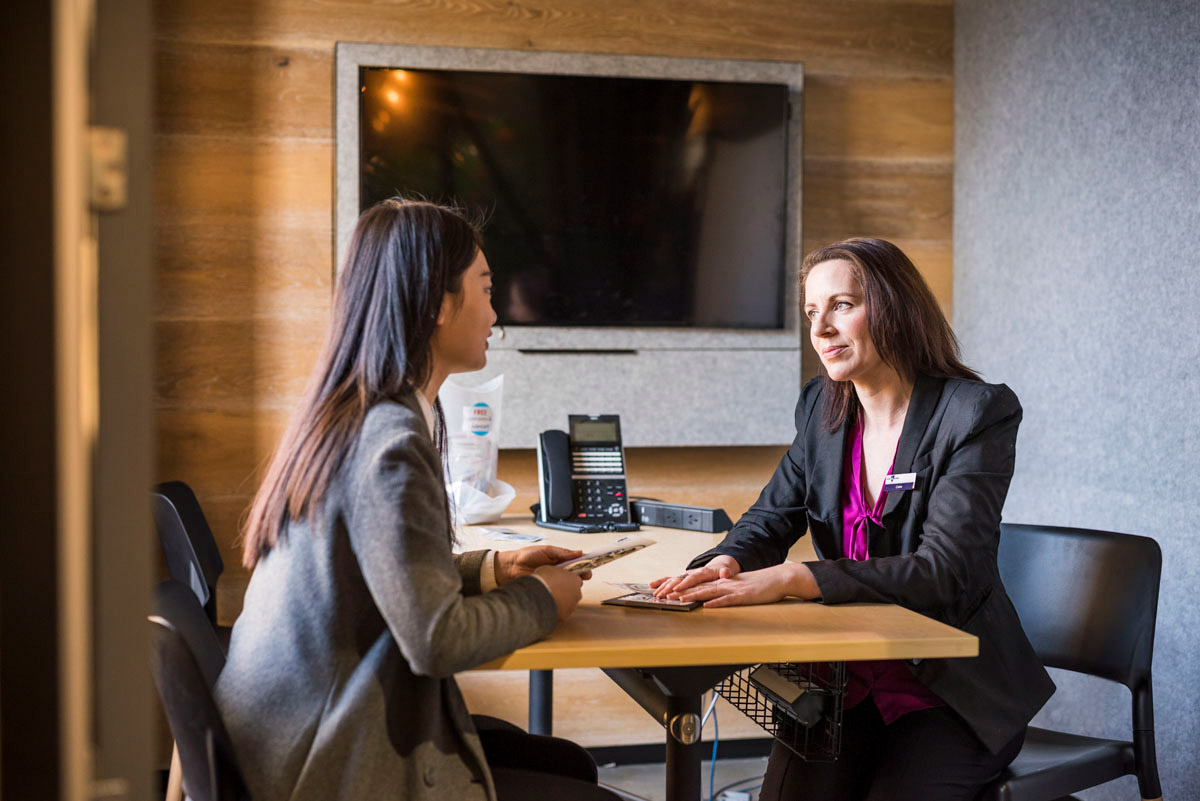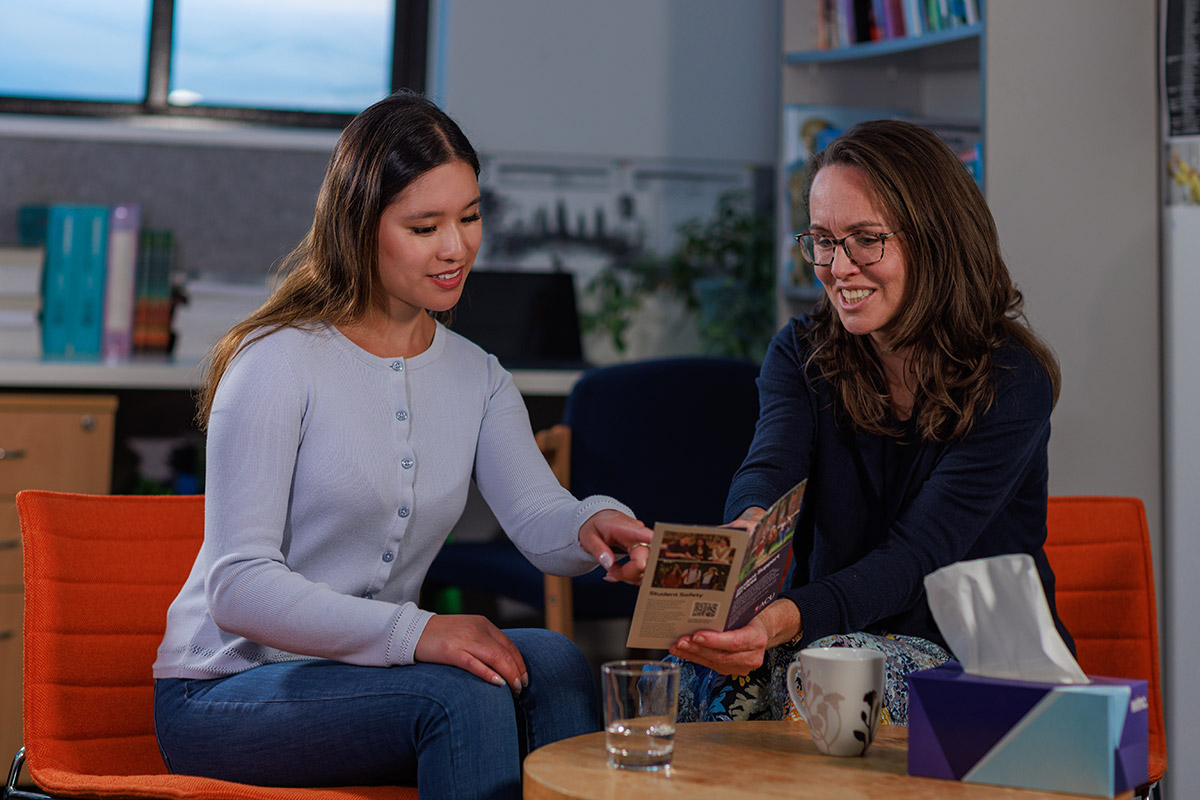Every year, the dream of studying abroad in Melbourne comes true for thousands of international students. For some, this dream may be shared with family .
International students’ coming to Australia on a Student (subclass 500) visa, may be able to bring certain family members including:
- a spouse or de facto partner
- dependent children under 18
Even if your spouse or dependent children aren’t accompanying you when you arrive, they must still be included in your visa application. This ensures a smoother process should they decide to join you later.
However, other relatives including parents, siblings, grandparents and extended family members are not eligible under the student visa and will need to apply for alternative visas through the Department of Home Affairs.
Helpful links and resources
Frequently Asked Questions (FAQs)
Can I bring my family with me to Australia on a student visa?
Yes, you can bring eligible family members, such as your spouse or de facto partner, and dependent children under the age of 18. However, other family members, like parents or siblings, are not eligible to accompany you on a Student (subclass 500) visa.
Do I need to include my family members in my visa application if they won’t come right away?
Yes, you should include your spouse and dependent children in your student visa application even if they won’t be travelling with you initially. This makes it easier for them to join you in Australia later if needed.
What proof is required to bring my spouse or de facto partner?
You’ll need documents that confirm your relationship, such as:
- a marriage certificate (if married), or
- evidence of your shared living arrangements, such as utility bills or joint rental agreements (if in a de facto relationship).
What documents do I need to bring my children with me?
For dependent children, you’ll need:
- a birth certificate or adoption papers to prove your relationship
- a signed consent form from the other parent (if applicable)
- proof of school enrolment for children aged 5–18 years.
How do I enrol my child in a Victorian school?
You can apply for a place in a Victorian state school through the Government Schools website by submitting a Dependent Application Form. Once approved, you’ll receive a Confirmation of Placement letter, which is required for your visa application.
Do I need health insurance for my family?
Yes, you and your family members must have valid Overseas Student Health Cover (OSHC) for the entire duration of your stay in Australia. Contact your OSHC provider to add your family members to your health plan.
How much money do I need to bring my family with me?
The financial requirements depend on the number of family members accompanying you. View the minimum required funds to meet financial capacity requirements on the Department of Home Affairs website.
Can my spouse or partner work in Australia while accompanying me?
Yes, your spouse or de facto partner is generally allowed to work in Australia while accompanying you on a student visa. The exact work rights depend on your visa conditions and the type of course you’re studying. Read the latest advice on the Department of Home Affairs website.
Do children under 5 need to be enrolled in school?
No, children under 5 are not required to enrol in school. However, you may wish to explore childcare or early education options to support their development.
Where can I find official information about bringing my family?
You can find detailed information on eligibility, documentation, and visa requirements on the Department of Home Affairs website under the “Include family” section.
Page last updated:





